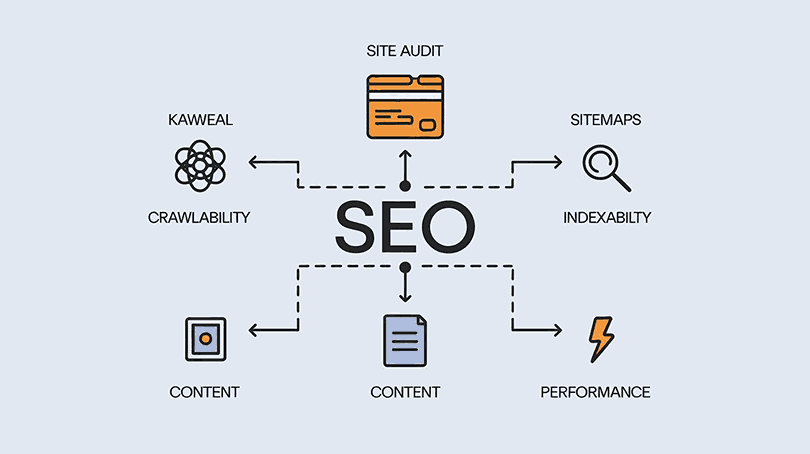
Future-Proof Your Website with Sustainable SEO Tactics
With constantly evolving search engine algorithms, it’s easy to feel uncertain whether your current SEO strategy will hold up over time.


© 2024 Crivva - Business Promotion. All rights reserved.